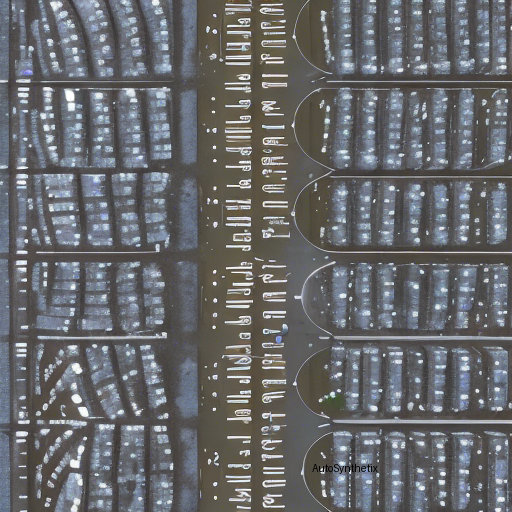In today's interconnected world, democracy continues its evolutionary journey, embracing technological advancements as catalysts. One such innovative approach stems from participatory budgeting (PB), a cornerstone of modern democracies aiming at direct citizen participation in resource distribution decisions within municipalities. As we delve deeper into harnessing technology's potential, understanding behavioral aspects underpinning these novel electoral mechanisms becomes paramount. This enlightening exploration, reported via arXiv, uncovers crucial findings regarding optimal design principles tailored towards achieving both perceptible fairness and efficacious decision making in digitally driven PB models.
The research team set out to scrutinize diverse facets of PB voting procedures, focusing primarily upon three essential dimensions—cognitive ease, perceived equity, and overall trustworthiness. To accomplish this herculean feat, they designed a series of carefully curated experimental scenarios simulating fictitious PB settings. The subjects participating in their studies assumed varied roles while interactively casting votes based on predefined yet flexible parameters. By analyzing responses gathered during these trials, researchers aimed at elucidating guidelines conducive to fostering confidence among e-citizenry in the evolving framework of electronic governance.
Astonishingly, one pivotal takeaway emanates from contrasting feedback received when examining distinct voting modalities. Contrasting simple 'approval' style options against comparatively intricate ranking or distributing point schemes revealed profound inclinations amongst test individuals favoring the latter group. This revelation underscores the significance of offering comprehensive expression opportunities during civic engagements rather than relying solely on binary selections.
Moreover, another striking observation disclosed a strong propensity among respondents desiring equitable allocations throughout geographical districts as well as thematic project categories. Their fervent yearnings emphasize the criticality of ensuring balanced representation irrespective of socioeconomically disparate regions or sectorial biases.
Furthermore, a headline finding emerges comparing two widely adopted voting methods – the "Greedy" model commonly used in traditional political arenas versus the "Method Of Equal Shares," a relatively newer technique. Strikingly, surveyed participants deemed the latter methodologically sounder, instilling higher levels of faith in the system due largely to its inherently just nature.
Overall, this groundbreaking investigation provides indispensable knowledge nuggets ripe for implementation within burgeoning smart cities worldwide. Institutionalizing these scientifically substantiated recommendations will undoubtedly contribute immensely toward building robust, inclusive, and technocratically advanced public administration paradigms firmly rooted in transparency, accountability, and most importantly, active citizen engagement. Thus, ushering forth a new era of sustainable, people-centric development strategies aligning seamlessly with contemporary societal aspirations.
As we continue navigating the labyrinthine pathways of techno-democratic progression, staying abreast of cutting edge discoveries like those detailed above remains quintessential in shaping a future characterized by responsible innovation, effective leadership, and meaningful collaboration between governments, academia, industry leaders, and ultimately, empowered global citizens themselves.
Source arXiv: http://arxiv.org/abs/2310.03501v2
